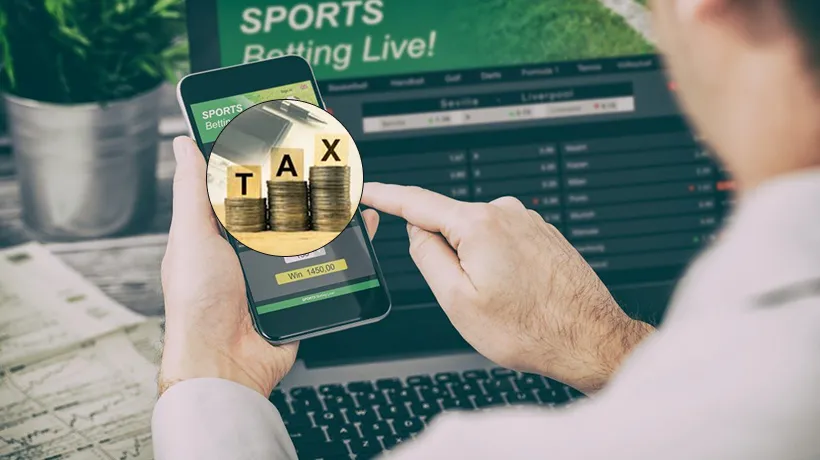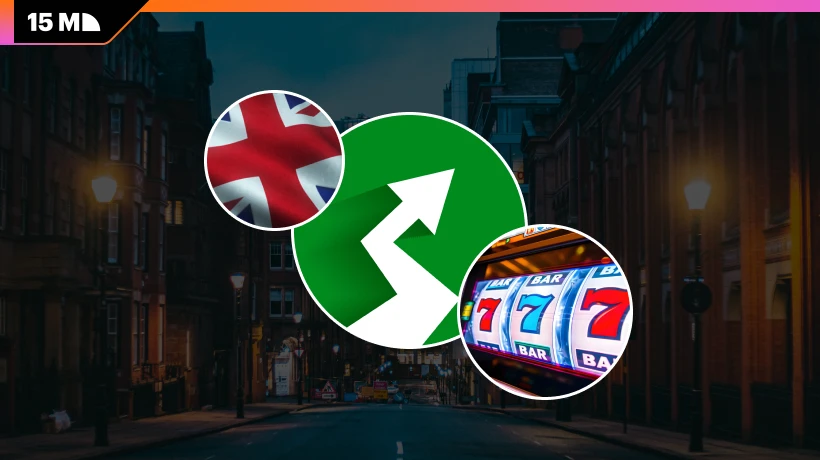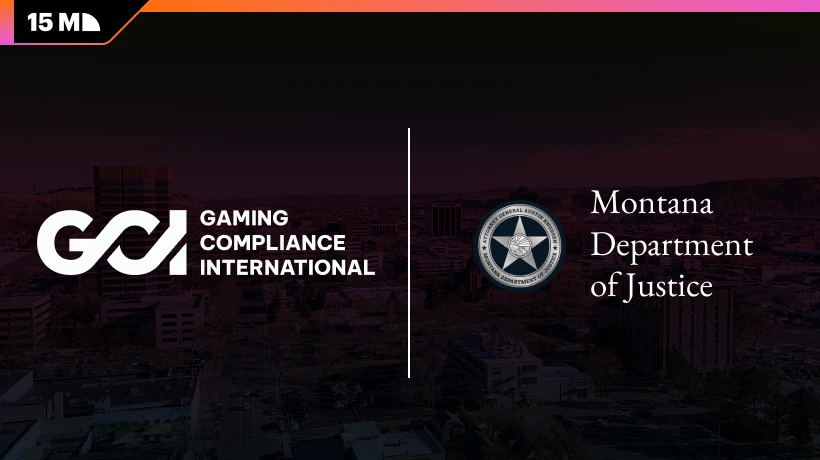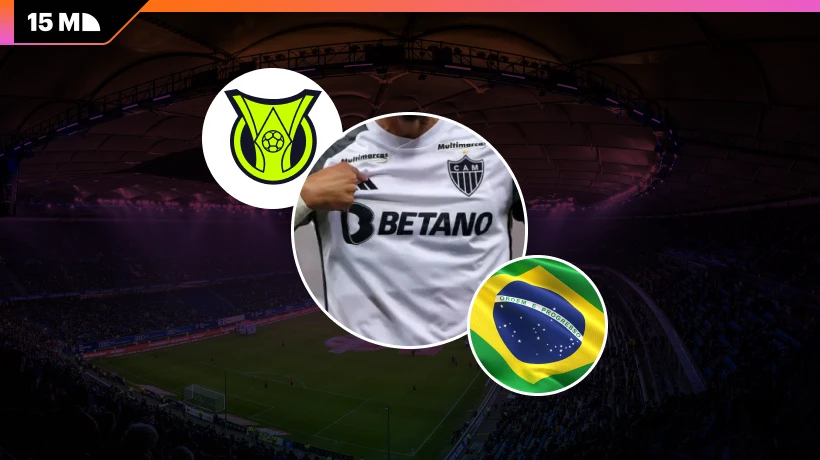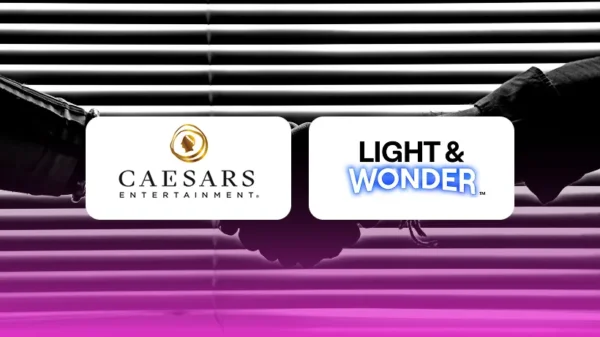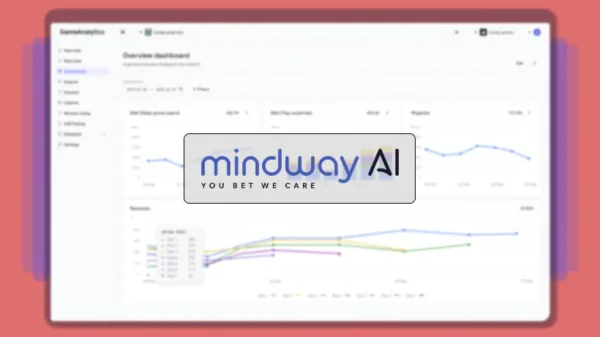The Betting and Gaming Council pushed back hard against yesterday’s UK Autumn Budget. CEO Grainne Hurst didn’t hold back, calling the online tax changes a “devastating hammer blow” to workers and customers.
The BGC represents major operators across Britain’s regulated gambling market. This sector currently generates £6.8 billion for the economy and supports 109,000 jobs. It also delivers over £4 billion in tax revenue annually while funding British sport.
Industry leaders had worried for weeks about potential tax hikes. Betfred founder Fred Done even threatened to close all 1,287 UK shops if rates hit 50%. Those fears didn’t fully materialize, but operators still face steep increases.
Why This Tax Plan Hurts
Chancellor Rachel Reeves announced online gambling taxes will jump from 21% to 40% starting April 2026. That’s nearly double the current rate. Sports betting duties also increase from 15% to 25% a year later.
The government expects these changes to raise over £1.1 billion yearly by 2031. But Hurst argued the new rates rank “among the highest in the world.” She warned this threatens UK competitiveness for overseas investment.
The BGC fears companies might cut jobs or reduce spending to offset higher costs. Operators run tight margins already. Adding 19 percentage points to their tax burden creates serious pressure.
Black market gambling pays zero tax and offers no player protections. The BGC believes pushing rates this high gives illegal sites a bigger advantage.
What the Budget Actually Does
Online remote gaming duty rises to 40% in April 2026. That covers casino games, slots, and similar products. Remote sports betting taxes climb to 25% the following April.
Land-based betting shops escaped unscathed. Their 10% duty stays unchanged. Bingo halls got good news too. The government scrapped their long-standing 10% duty entirely.
The Office for Budget Responsibility accidentally leaked details online this morning before Reeves’ official announcement. That gave operators a few hours’ warning about the changes.
How Markets Actually Responded
Stock prices told a different story than the BGC’s warnings. Rank Group shares jumped 9.51% after the announcement. Other gambling stocks also gained ground.
Investors apparently expected worse. The feared 50% tax rate didn’t happen. Retail operations avoided any increases. Markets viewed this as relatively positive despite the online hikes.
The BGC maintains its concerns about long-term impacts. Hurst said the changes hurt “jobs, customers, and sports” while helping unsafe black market operators. She welcomed the land-based and bingo decisions but called the overall package damaging.
The tax increases take effect over two phases. Companies now have 16 months to prepare for the first wave of changes.
